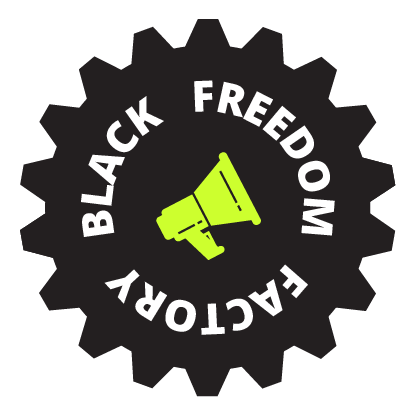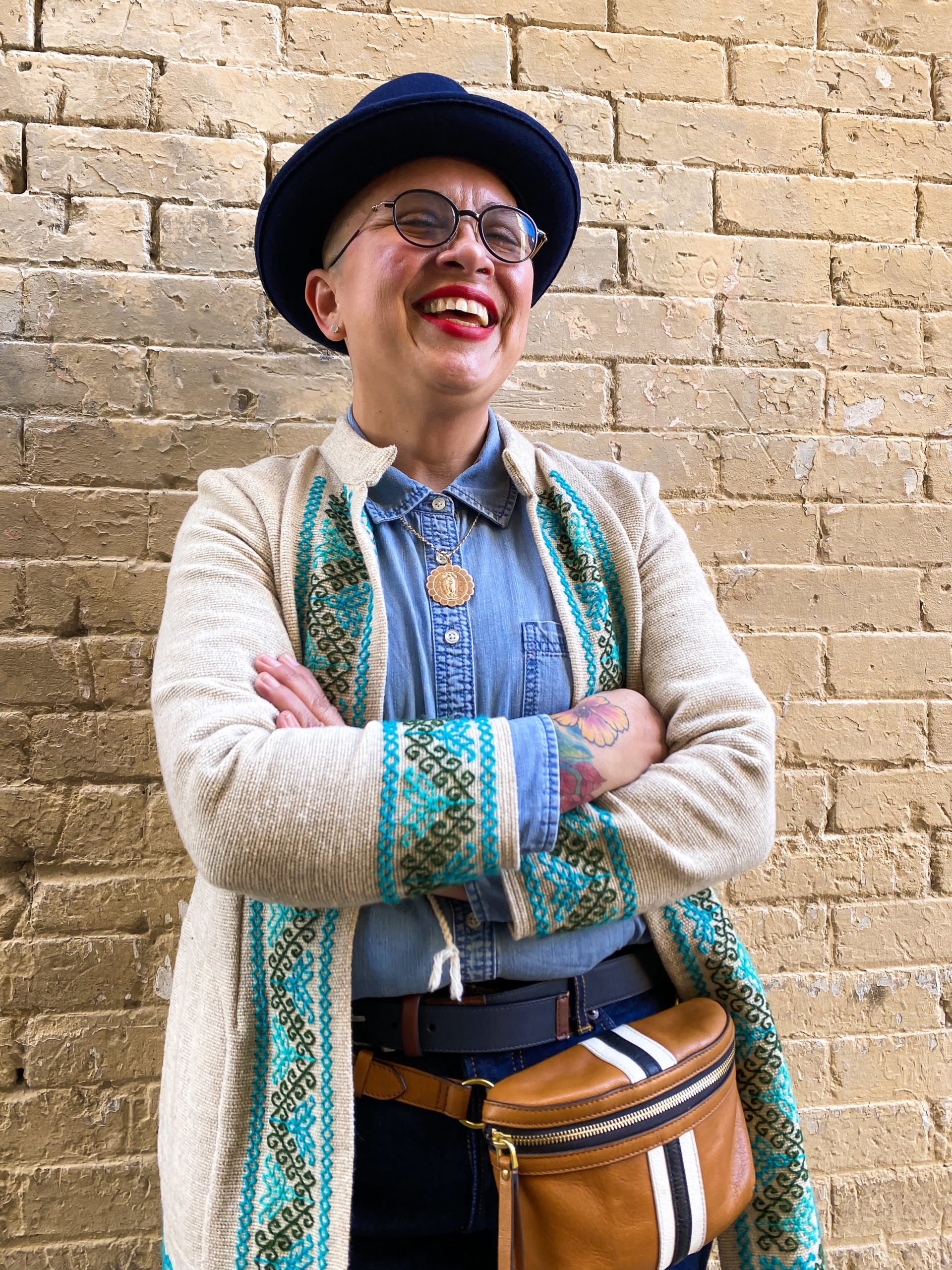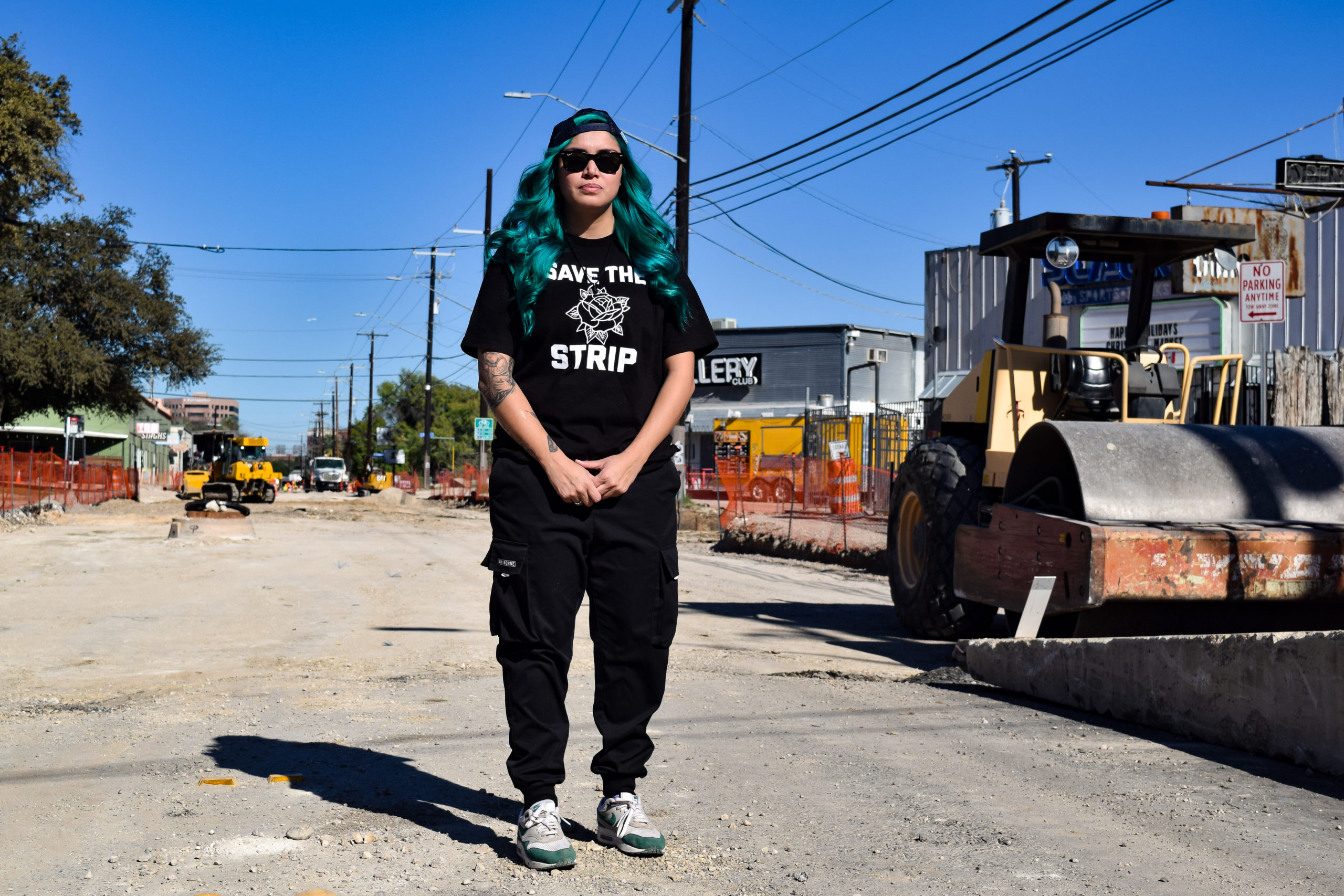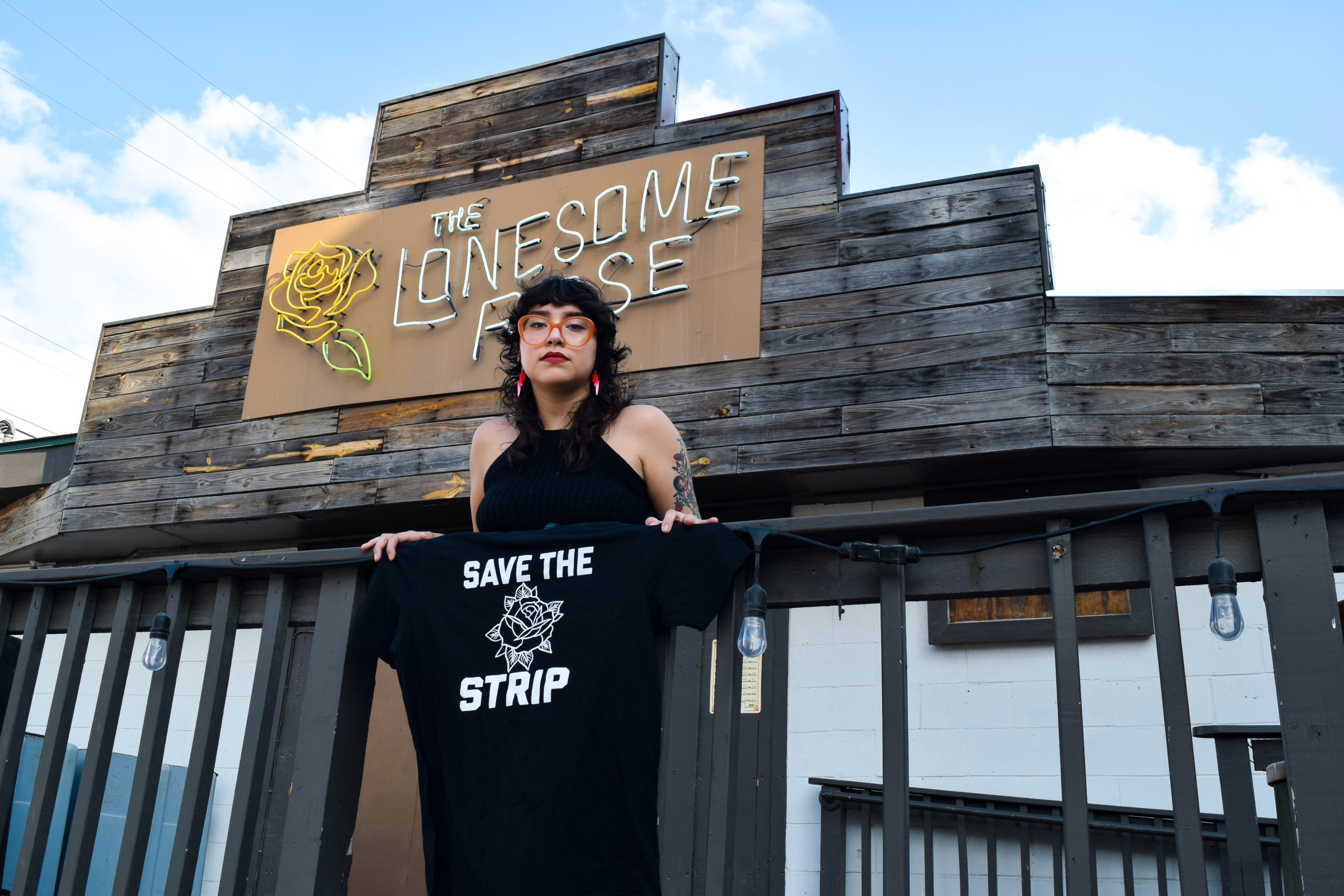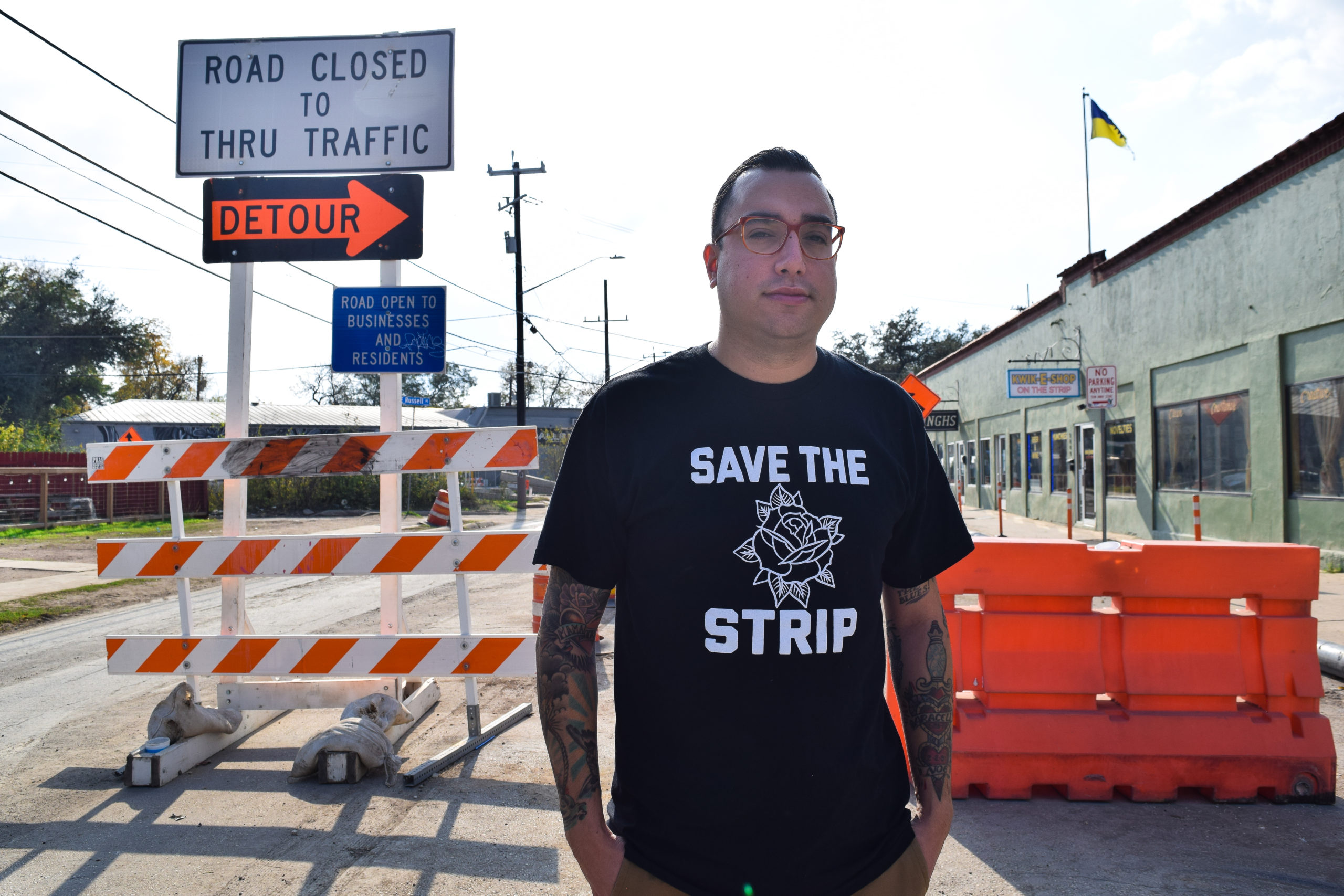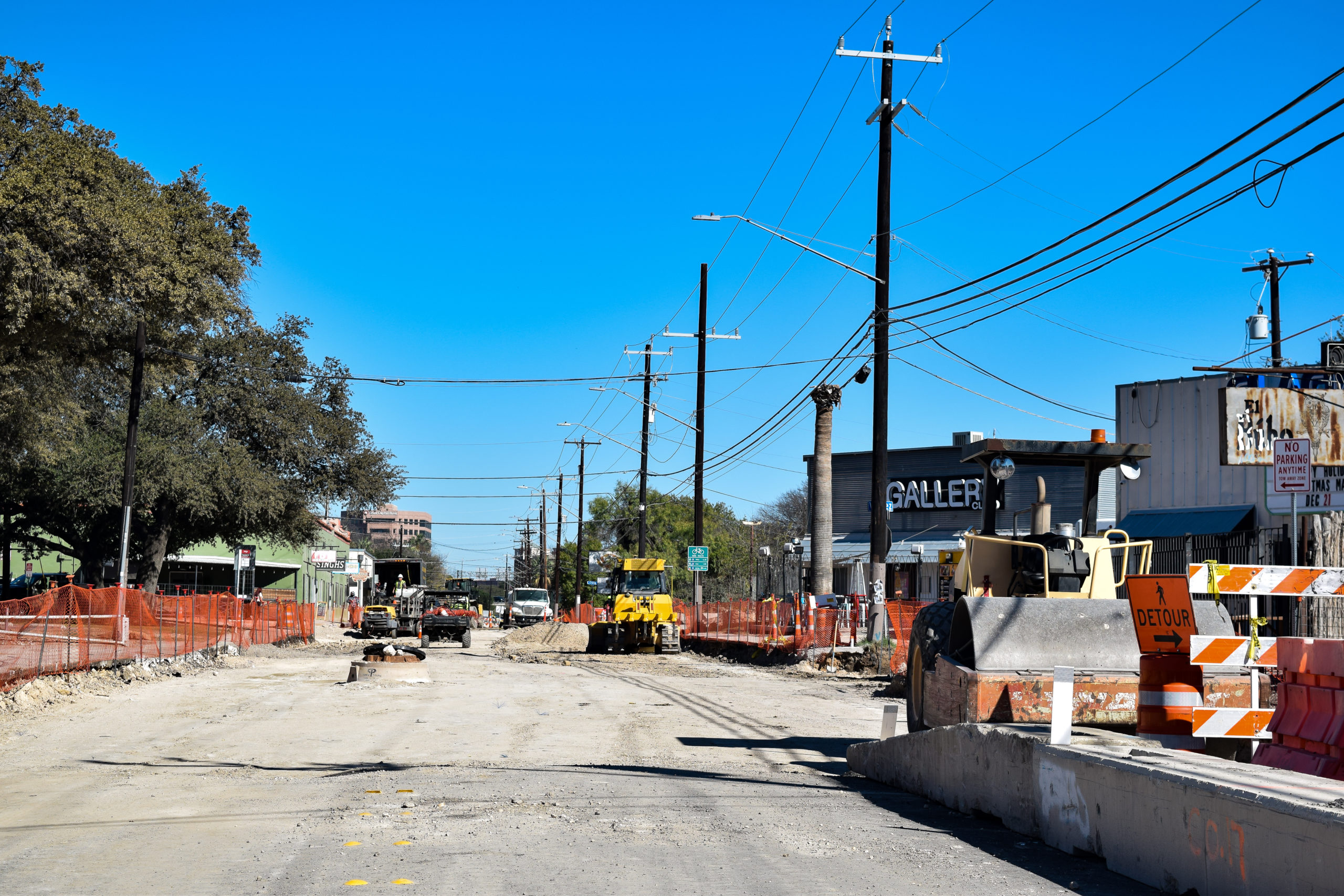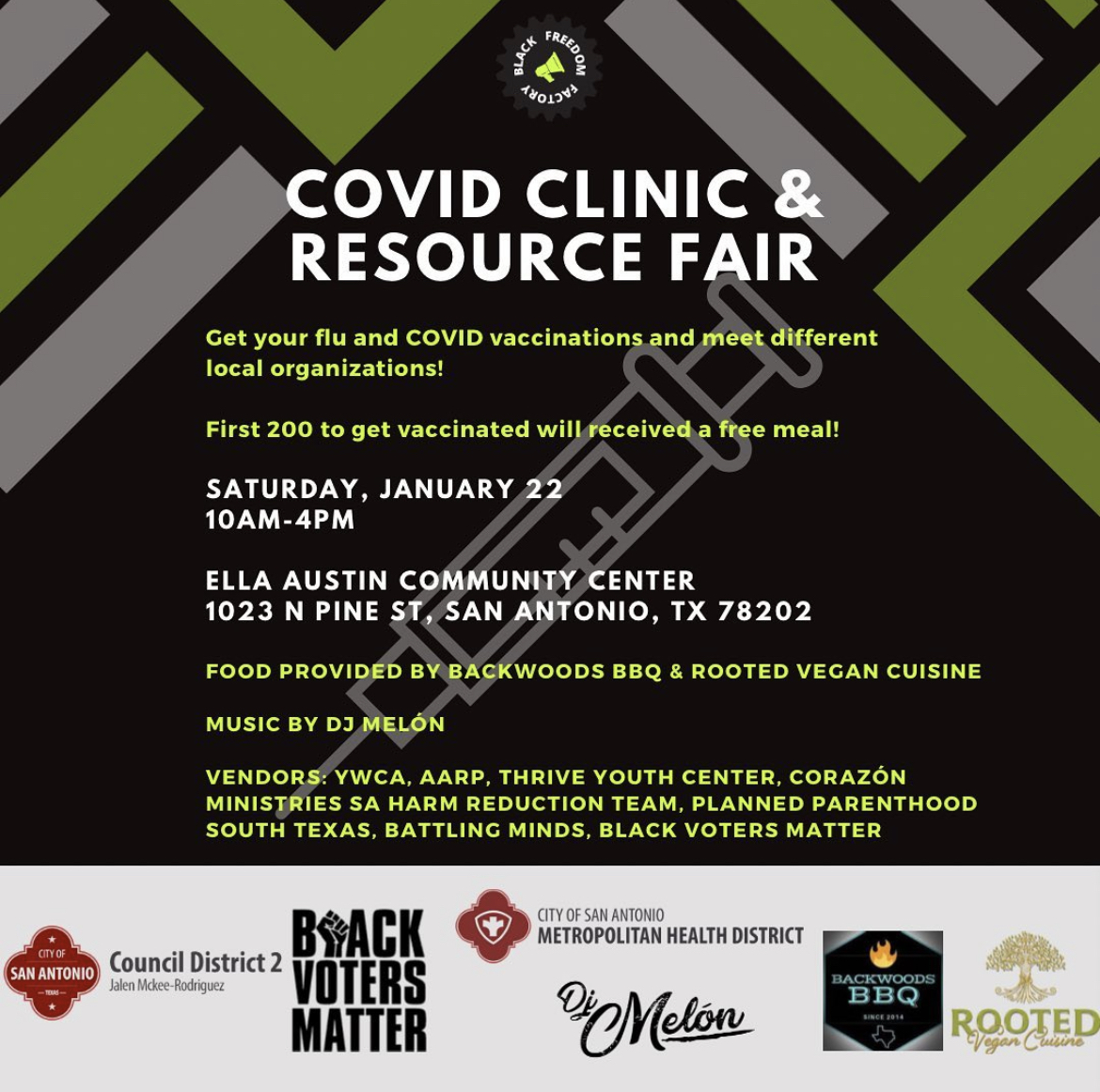The Redefining Professionalism series exists to amplify the diverse individual experiences of entrepreneurs in the Boardroom across the city.
There has been ever present discrimination towards LGBTQIA+ Communities and same-sex couples in the history of the United States, dating back to before the beginning of industrialization. Policies in the United States have created homophobic barriers for LGBTQ individuals in professionalism like Eisenhower’s Executive Order 10450, that ‘banned homosexuals from working for the governement or any of it’s private-contractors.’
Black Freedom Factory exists to build an equitable and diverse work environment by respecting and acknowledging the discrepancies that discrimination inflict upon communites through forms of racism, homophobia, transphobia, abelism and classism.
Liberation of Queer Identites are essential to the future of conversations about inclusivity in corporate and communal settings. Who better to highlight the issues and divinity of queerness in her everyday hustle, other than beloved Community Artist, Writer, Scholar and Entrepreneur, Anel Flores.
How do you Identify?
(She/her) (They/ them)
“I do use every term in the book – I always say that I am lesbian, that I’m queer, I’m gender non-binary, I’m butch. And I get questioned all of the time. ‘Why use She/her?’ Because I’m not done with it. I am not done and there’s a lot to do in the feminine space. And with the a – in ‘Latina’ , I am not done.” said Anel.
“I probably would’ve come out sooner if I heard the word ‘Lesbian’ in a positive way.”
How Important is pronoun respectability in workplaces?
“At this point in my career I have the privilege to be able to say, ‘I know exactly who I want to work with,” said Anel.
“But if I run into anyone who is questioning my queerness – I do a little work. If they are not willing to try or be willing to listen to my experience, then I don’t do that work anymore. Because pronoun respectability can be exhausting.”
How have you carved out a space to better support your identity?
Anel carves out a space to better support her identity through research, queer mentors, her wife and family.
“I’ve been out for almost 30 years – I came out at 17. The first 10 years were tough, but the hard part really made a foundation to get myself out there and begin researching queer voices in history. I went to find out, who’s queer? Where are they?” said Anel.
“I did extra work – I showed up early, I sat at the front. I didn’t just show up. A lot of people can show up with their privilege. As a queer brown, gender non-binary person, I cannot. You’re going to have to do extra work. You may not want to, but you have to.”
What does an Ideal Boardroom look like to you?/ What makes a boardroom sacred?
“Things to create, to Ideate, to build. We survive off of nostalgia – it sets a stage for many POC folks. So much has been taken away from us. Our language, our everything has been taken away.” said Flores.
That’s another part of the boardroom for me. I don’t want to walk in – I cannot walk in just as an ordinary person I have to show my queer, I have to show my brown, I have to show my ancestors. That’s part of showing up to the boardroom.”
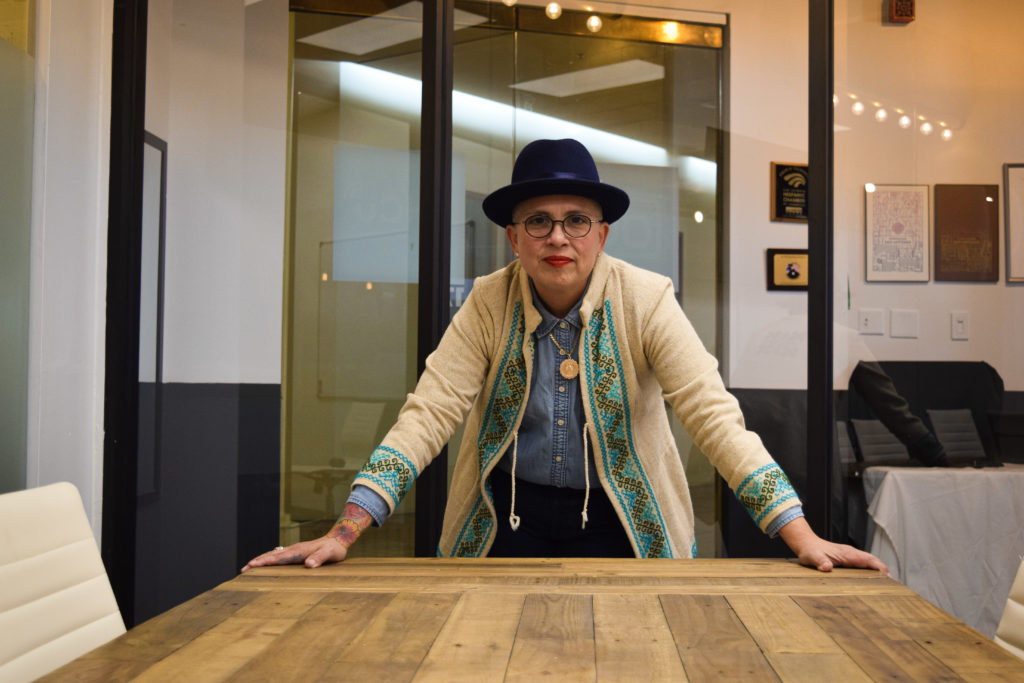
What does being Butch mean to you?
Anel greatly credits her mentor Maria Salazar, and others that helped her establish her identity.
“Butch for me, is a historical term that was reclaimed, and also meant to identify a portion of the queer community that had more masculine style or appearance, practice and energy. Butch women are sweet, kind, and gentle. We just dress fly. And we also carry the feeling of knowing. It is listening, being careful, being authentic.
The way that I explain butchness to men is the woman or femme that you’re with is getting 30% credit from the world – to the dollar they’re making, or the credit they’re being given. For me, what’s tied to my butchness is giving my wife the 30% and an additional 70%. Any femme identifying person should be getting the extra percent that they’re missing. I really believe that – I didn’t gather that on my own. I learned that from other butch women. ”
How can we discuss masculinity and prevent it from becoming toxic in Professional/Communal spaces?
“Queer folks, if we really recognize it, we have alot of privilege because we have an opportunity to redefine ourselves. And define ourselves the way we want to. We just have to want to have the agency, and use the agency given to us by our ancestors,” said Flores.
“Talking about masculinity as queer folks, we need to say, ‘we need to redefine this.’ We need to work on this. Masculinity was created to tear down a whole world that was matriarchal. We were ruled by femine energy for thousands of years.”
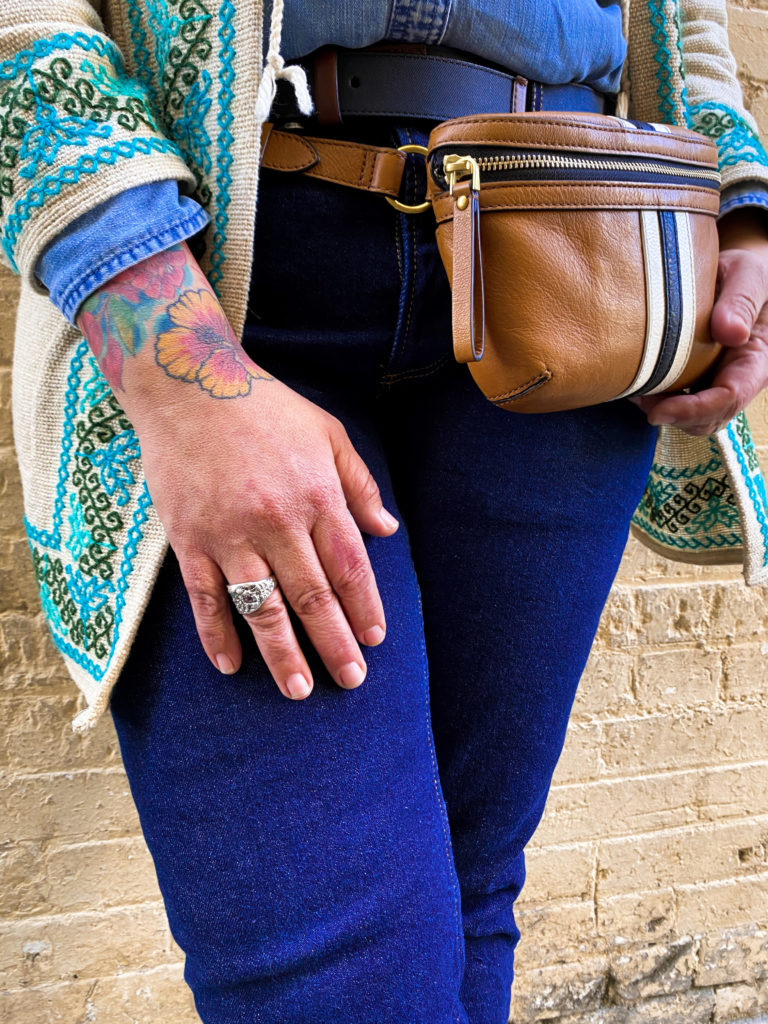
What do you want the community to know about Redefining Professionalism?
“Everybody can do it. It’s also a process,” said Flores.
“I really do believe that there’s a process. Because we are accustomed to immediate gratification in the tech world, sometimes people start a business, and haven’t made a dime. A
small business takes 3-5 years to lift-off. And for it to sustain itself you have to follow best practices all the way through.”
“To my Queer Community, get a mentor. Get several mentors. Rely on each other more, you have to ask for help. We should be engaging our family – our queer fam, our POC fam to say, ‘Hey, I need you.’ We gotta have mentors. None of this shit happens alone. Ask your ancestors. Know you’re not alone.”
Newest Book
Considering her home between the Rio Grande Valley where she spent many summers and San Antonio,Texas were her work is done, Anel is working to create pathways for the Queer POC community with her newest book, “Cortinas De Lluvia” – about a queer young woman who comes to San Antonio leaving her family to continue her work, returning to the valley when she’s in her 40’s, establishing a queer family in both worlds.
NALAC Award
An awardee for the NALAC Catalyst For Change Award, Anel Flores has engineered a project titled “La Otra: Taller Neplanta” which translates in english to ‘the next residency’, that will consist of a residency of 6 artists who will reside in South Texas for a month, where they will be able to create their work.
“I realized that what has been calling me is to reinvigorate and reawaken the legacies of Gloria Anzaldua. There is no residency or foundation in South Texas that cater to POC folks or Queer folks. There’s no money out there for creatives, POC folks are always on scholarships.” said Flores.
The bi-annual residency will sustain the works and honor of what Flores has learned from Gloria Anzaldua.
“I am expecting each artist to invite another artist into the residency because I want to erase the gatekeeper model in most residences and boardrooms. I am giving each artist the agency in choosing the next artist.
All I want to do is support five artists, every two years that I know will go out and make a world of a difference politically for queer folks, trans folks, and gender non-binary folks. I know it can be done.”
